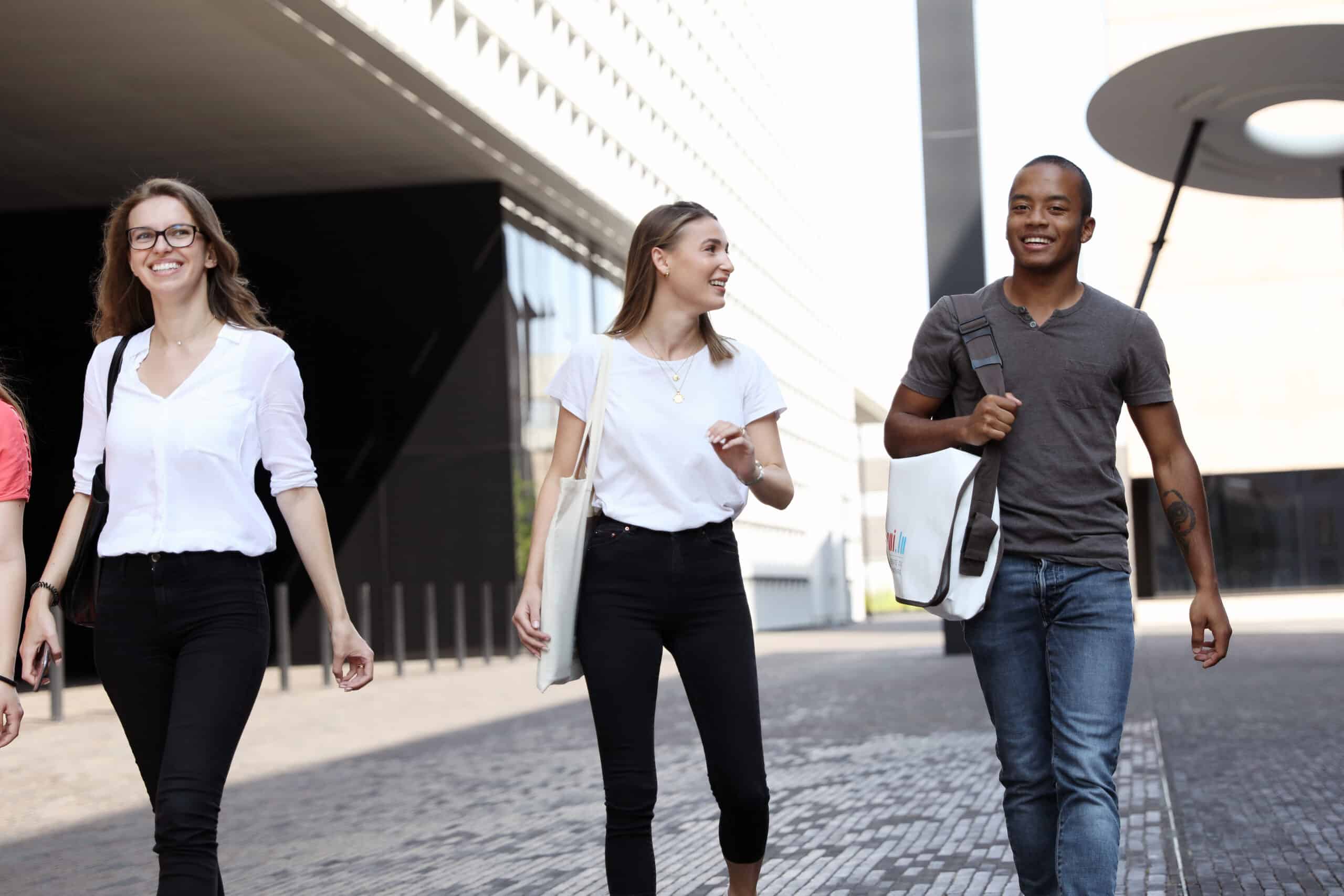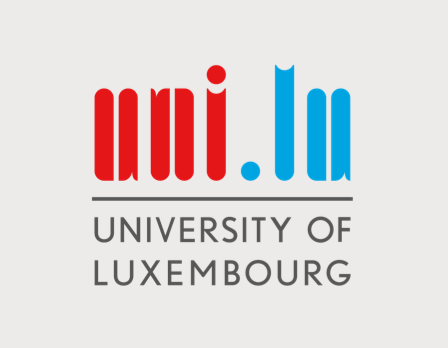Financial technology, better known as fintech, is helping create new products and ways to serve the needs of customers today. Driving this innovation are the mushrooming number of fintech firms, whose importance are growing as much as the quality and reach of their products and services. When the COVID-19 pandemic struck, even more challenges and opportunities arose, with each promising potential for significant impact.
All of which make fintech perhaps the most versatile finance career path today. The University of Luxembourg has introduced a new track under the Master of Science in Finance and Economics that will prepare you for career opportunities in wide-ranging areas, whether in the public or private sector, in investment, stock exchanges and beyond.
The Digital Transformation in Finance track explores how fintech adopts to and co-exist with the institutional setup of the financial sector. It looks into digitalised routines and data sharing from our interactions with societies and economics. It covers blockchain as well, specifically how it spurs us to rethink the way we design, use, and embrace financial services.
Upon completion, you’ll know how traditional institutional processes and market infrastructure differ from emerging, IT-intensive solutions; how information systems management, data science and requirements engineering work; how to collaborate with IT professionals at the workplace; and how to instrumentalise all you’ve learned through different design exercises and programming tasks.
Like the Digital Transformation in Finance track, the other new Digital Procurement track delves into how technology is digitalising operations management. Part of the Master in Logistics and Supply Chain Management, the track is actively supported by the CPO Club, an organisation composed of chief procurement officers from multinational companies the likes of Amazon, ArcelorMittal, Delphi, Ferrero, Leaseplan, SES, and Vodafone which operate their procurement organisation from Luxembourg.

Programmes are designed to meet market requirements. Source: University of Luxembourg
The future-forward approach behind these new tracks is par for the course for the Faculty of Law, Economics and Finance (FDEF). It is home to a Department of Law, a Department of Finance and a Department of Economics and Management, including the Luxembourg Centre for Logistics and Supply Chain Management (LCL). All three took note of how the COVID-19 pandemic is upending businesses and industries as we know them, and began equipping students with the skills and knowledge necessary to ride out such disruptions.
How did this work out? Successfully for Raphaël Scheuren, who graduated from the University of Luxembourg with a Master in Entrepreneurship and Innovation. After studying economics and then geography separately, he found that they just weren’t for him. He decided a career change was needed, pivoted to entrepreneurship and came across a real problem: housing. Armed with the ins and outs of entrepreneurship, he founded BlocHome with some friends.
The startup sells ownership shares in the form of tokens for real estate development projects. “During my bachelor studies, I tried to travel the world as much as possible. What I saw in many poorer countries was corrupt governments failing the population,” he says.
He saw how his generation struggled with buying homes, leading to a decrease in purchasing power. “We think that the classical model is unsustainable and wanted to provide a different access to the real estate market,” he says, To give power back to the people, Scheuren has raised one million euros with 350 committed BlocHomers for the first project — a feat he credits to his University of Luxembourg education. “The last two years of my studies have been better than the 15 years before,” he says. “The programme has given me the confidence to dive in and start a company.”
Such upstarts are not limited to the entrepreneurs coming out from the University of Luxembourg. Its Department of Law offers programmes that lead to similar graduate outcomes, from the Bachelor of Laws to the six Masters in Law with a first common year and a second-year specialisation in Space, Communication and Media Law, European and International Tax Law, European Business Law, European Economic and Financial Criminal Law, European Banking and Financial Law and European Union Law and Litigation.

Students excelled because of the ample opportunities and resources provided. Source: University of Luxembourg
Equally thriving in the job market are graduates from the Department of Economics and Management. It offers two bachelor programmes and five master programmes which are:
- MSc in Finance and Economics
- Master in Wealth Management
- MSc in Quantitative Economics and Finance
- Master in Accounting and Audit
- Master in Logistics and Supply Chain Management
- Master in Entrepreneurship and Innovation
Graduates truly benefit from the programmes. This is evident by how employable students are. According to a 2022 survey, there were 19 graduates last year for the Master in Entrepreneurship and Innovation programme. Fifteen stated they were employed and three were entrepreneurs.
For graduates who completed their Master in Accounting and Audit, 88% of them are employed. Another 80% of graduates successfully found jobs after graduating from the Master in Logistics and Supply Chain Management.
As these graduates go out into the professional world, they recall the great experiences they had at the University of Luxembourg: small classes, close-knit community, helpful teachers, and many more. They wish to relive the camaraderie made possible by their student housing. They remember all the fun they had at the many associations and clubs that gave them a chance to find hobbies, friendships and skills for life.
Admissions are now open for the MSc in Finance and Economics and other programmes by the Faculty of Law, Economics and Finance. To apply, click here. Have questions? Chat with a student here.
Follow University of Luxembourg Facebook, Twitter, YouTube, Instagram and LinkedIn













